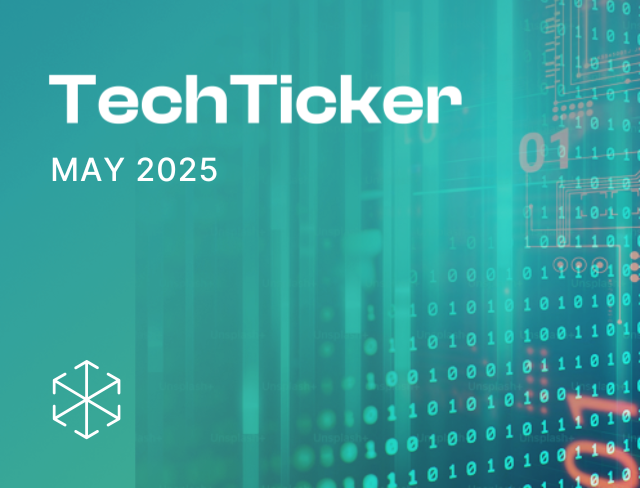The Supreme Court on Right to Privacy: A Game Changing Decision?
In the Puttaswamy verdict, the Supreme Court declared that the Right to Privacy is a ‘fundamental right’ conferring on it certain additional protections which were not earlier available to it as a common law/statutory right. These include:
- As a fundamental right it cannot be amended out of existence by the legislature;
- The legislature may interfere with the right of privacy only subject to the following conditions
- the invasion must be by way of a legislation;
- the legislation must be for the public interest;
- the legislation should be reasonable and have a nexus to the public interest;
- the State would be entitled to adopt that measure which would most efficiently achieve the objective without being excessive;
- A waiver of the right to privacy will have to be tested against a higher threshold. This will necessarily have implications on the validity of several agreements, most particularly privacy policy, which contain several waivers on the part of the end users;
- Obliges the State to take positive measures to protect privacy. In light of the same the Government has been asked to take proactive steps to formulate a regime of data protection in lieu of the fact that the collection and analysis of big data might infringe upon the right of privacy of the subjects whose data is collected;
- The Supreme Court and the High Courts may be approached directly in the event of breach of right to privacy under Article 32 and Article 226, respectively, of the Constitution.
Additionally, this judgment will also have a bearing on the determination of the validity of Section 377 of the Indian Penal Code (Unnatural Offences), as it has been held that sexual orientation is also a facet of the right to privacy.
This decision also has a bearing on certain other aspects of Constitutional Law as well, including:
- Theory of “Constitution’s Dark Matter”: The common theme running throughout the Judgment is that the implications arising from the express provisions of the Constitutions are as important as the express provisions themselves. Thus Right to Privacy which is implicit and an inherent part of Right to life and Personal Liberty is as important as Right to Life and Personal Liberty itself. Justice Chelameswar has aptly termed these implications as “Constitution’s Dark Matter”.
- The Judgement has also categorically overruled the decision of the Supreme Court in ADM Jabalpur vs. Shivkant Shukla, which held that the right to life could be suspended in the event of an emergency. Although, given the amendments to the Constitution this case was no longer relevant it was still a blot on the history of the Supreme Court which has now been cleansed.
Right to Privacy Prior to the Puttaswamy Judgment
Even prior to the pronouncement of the historic Judgment on the Right to Privacy, privacy of an individual was protected as a common law right and under various statutes, such as:
- Provisions relating to search and seizure- The Code of Criminal Procedure which enacts the procedure to be followed when investigating, inquiring and trying any offenses places stringent requirements on the State when undertaking searches for the purposes of investigation. The main aim of these provisions is to ensure that the liberty and privacy of an individual is not interfered with arbitrarily by the State;
- Information and Technology Act, 2000: The Act together with the rules framed under it, in particular, Information Technology (Reasonable Security Practices and Procedures and Sensitive Personal Data or Information) Rules, 2011, places requirements on non-state actors while collecting, storing and processing personal data collected from end-users;
- Proceeding dealing with family matter: The Family Court Act, 1984 and the Code of Civil Procedure (in relation to suits and proceedings connected with family matters) allow proceedings to be held in-camera (i.e. not open to public viewing)
- Right to Information Act: Disclosure of personal information which has no relationship with public activity or interest is exempted under the provisions of the RTI Act.
Additionally, several judgments of the Supreme Court have traced the right to privacy as implicitly contained is the freedoms contained in Article 19 and the right to life and personal liberty guaranteed under Article 21 of the Constitution. Hence, logically the question arises what caused the Supreme Court to constitute a 9 judge bench to examine whether the right to privacy is a fundamental right?
The answer lies in the decisions rendered by the Supreme Court in the matters of M.P Sharma vs Satish Chandra, District Magistrate, Delhi (rendered by a bench of 8 Judges) (“M.P. Shrama”) and Kharak Singh vs State of Uttar Pradesh (rendered by a bench of 6 Judges) (“Kharak Singh”).
In M.P. Sharma, while deliberating on whether the search and seizure of documents from the home of an accused amounts to compulsory testimony of the accused against himself and therefore is a contravention of the rights guaranteed under Article 20 (3), the Supreme Court made an observation that there is no right to privacy under the Constitution of India which is line with the right to privacy guaranteed under the Fourth Amendment of the US Constitution.
In Kharak Singh, while examining the question whether the power of surveillance, in respect of history sheeters, granted to the U.P Police under local regulation violated the right to life including the privacy of the concerned individual the Hon’ble Supreme Court while upholding certain powers of surveillance held that the right of privacy was not a fundamental right under the Constitution. In the same judgment, however, the Supreme Court held that domiciliary visits at night violated the right of the individual to “ordered liberty” and hence was violative of Article 21 of the Constitution and this provision was struck down.
The decisions of the Supreme Court in, M.P. Sharma and Kharak Singh, cast a shadow on the status of the Right to Privacy which has now been repelled by the Supreme Court.
Conclusion
Thus it may be seen that the Right to Privacy judgment is undoubtedly a game changer not only for the State but the non-State Actors as well. Even though Privacy enjoyed some protection under the prior statutory regime, being a mere statutory/common law right it could still be waived and be amended (even to the point of non-existence) by the legislature. This decision inoculates right to privacy against such obliterations. Moreover, in this decisions, the Supreme Court has specifically highlighted the need for the State to take proactive steps to prevent the erosion of privacy of individuals by formulating a regime for data protection (a detailed note on this aspect to follow).
Tanya Sadana,
TRA










